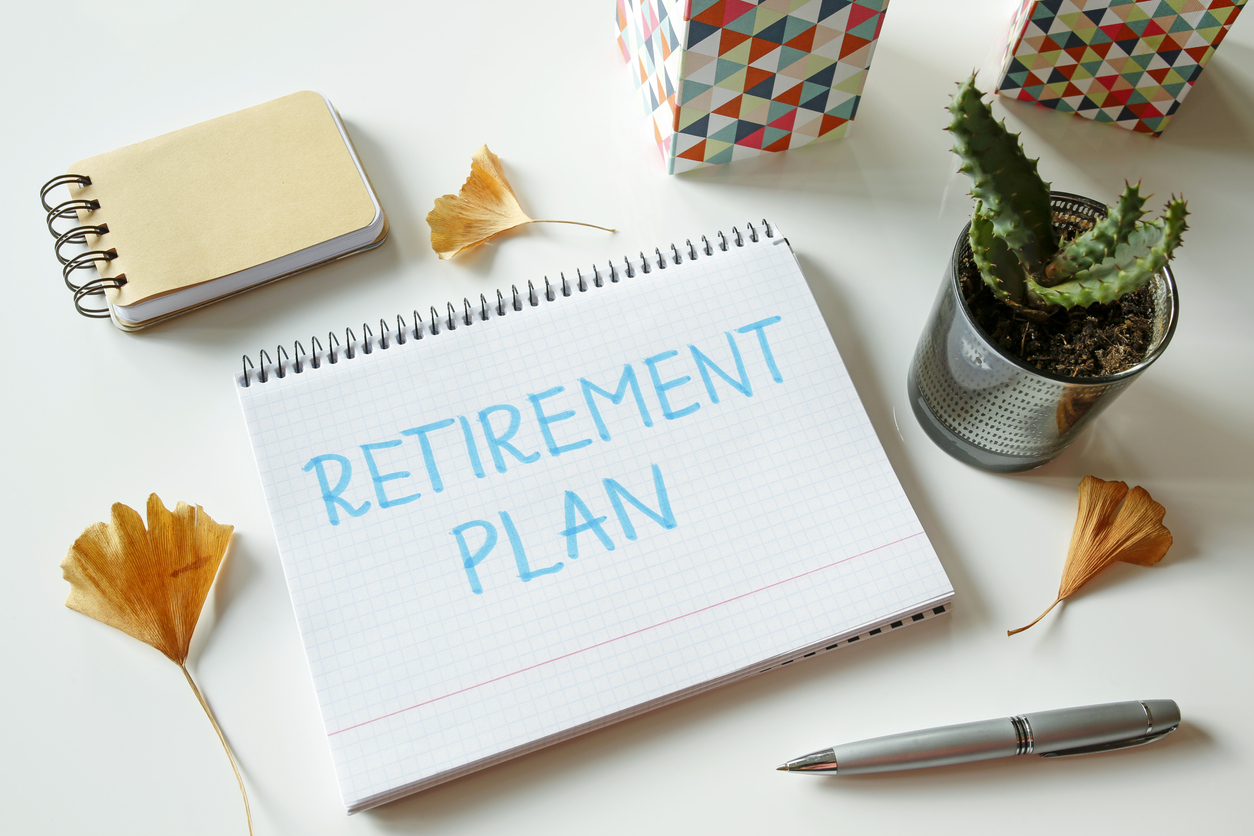
Has Covid-19 disrupted your retirement plans?
While the immediate focus of the pandemic has understandably been on the health impact, it has become increasingly clear that the economic effects of Covid-19 stretch far beyond those people unfortunate enough to contract the virus. The most obvious example is the billions of pounds of government spending on employment and business support, but there are many others.
Recent research from the Institute for Fiscal Studies (IFS) considers the consequences for people approaching retirement. The IFS findings included:
- Earlier retirement
About half of those aged over 65 who were working before the pandemic retired earlier than planned because of the crisis. This finding is supported by data from the Office of National Statistics which showed that the proportion of the population aged 65 and over in employment fell from 11.5% in December 2019 – February 2020, to 10.5% six months later.
- Later retirement
The sudden fall in stock market values in the early part of the year had the opposite effect for others who were close to retirement. Declines in the value of fund-based pension plans caused some people to delay retirement while they wait for markets to recover.
- Changed retirement plans
One in eight of those aged 54 and over had revised their retirement plans. Just over half of this group increased the age at which they planned to retire, while the remainder brought it forward. Unsurprisingly the IFS found that the wealthier were more likely to be in the second category.
Wherever you are on the road to retirement, there are lessons to be drawn from the IFS work:
- You may not always be able to decide precisely when your working life comes to an end – circumstances may dictate the timing for you. At the moment, those circumstances are global, but they could just as well be personal.
- So, you should build flexibility into your retirement plans as much as possible. As the state pension age continues to rise – it is now 66 – so too does the period widen between an early retirement and receipt of the state pension.
- Relying on work to supplement lowly pension benefits is a risky strategy. Health and economic issues can bring work later in life to an abrupt end – as we can see right now.
- If your pension contributions have fallen during the pandemic – perhaps as a result of being placed on furlough – you should aim to rebuild them as soon as possible. A small shortfall today could make a much bigger hole in your pension when you retire.
Pension tax could increase
In light of recent events, it makes sense to review your current retirement plans. With the possibility of pension tax reform in the spring Budget, the sooner you start the process, the better.
If you would like further information on the above, please get in touch with one of our experienced financial planners here.
The Financial Conduct Authority does not regulate tax advice, and levels and bases of taxation and tax reliefs are subject to change and their value depends on individual circumstances. Tax laws can change.
The value of your investment, and the income from it can go down as well as up and you may not get back the full amount you invested. Past performance is not a reliable indicator of future performance. Investing in shares should be regarded as a long-term investment and should fit in with your overall attitude to risk and financial circumstances.





